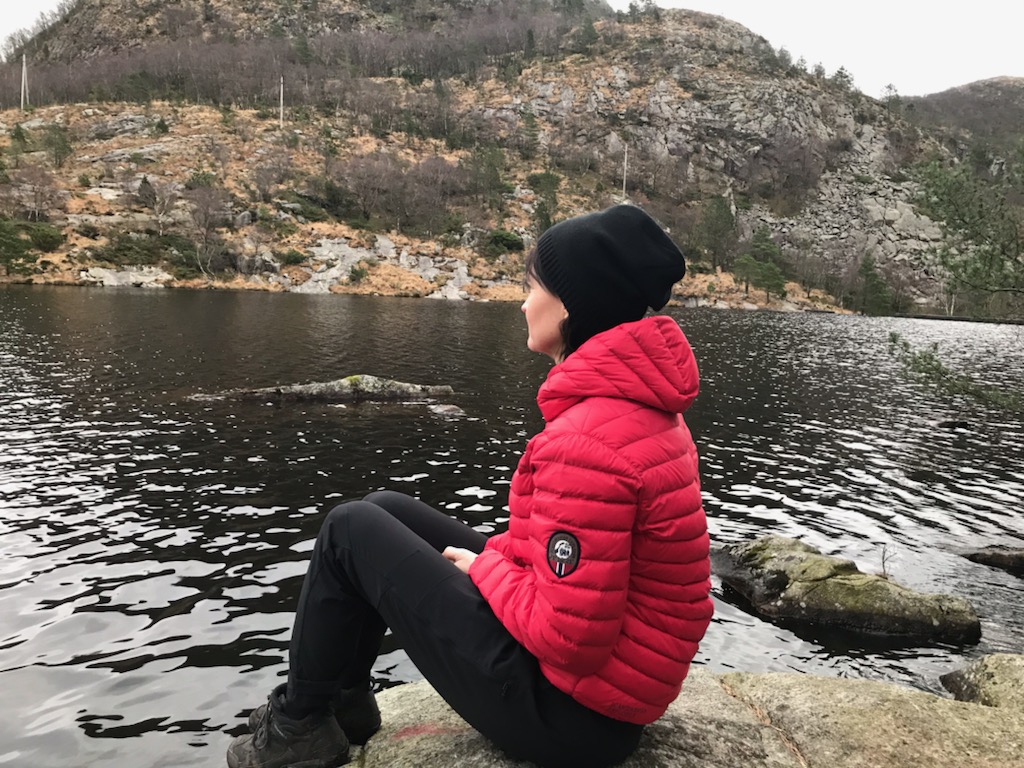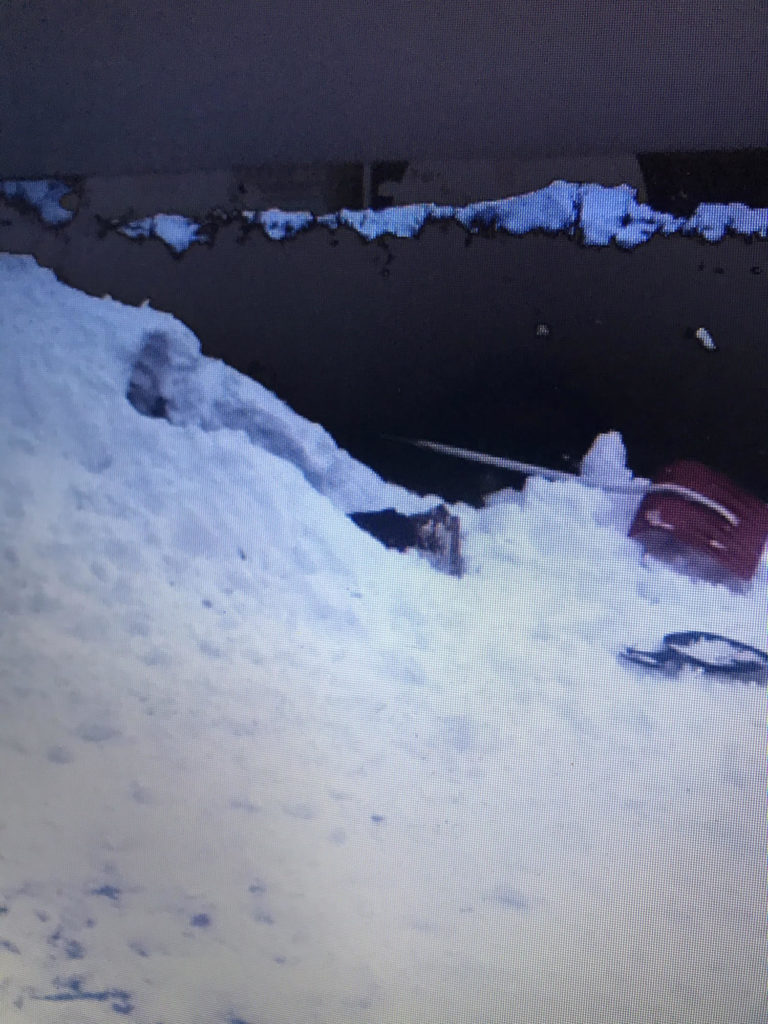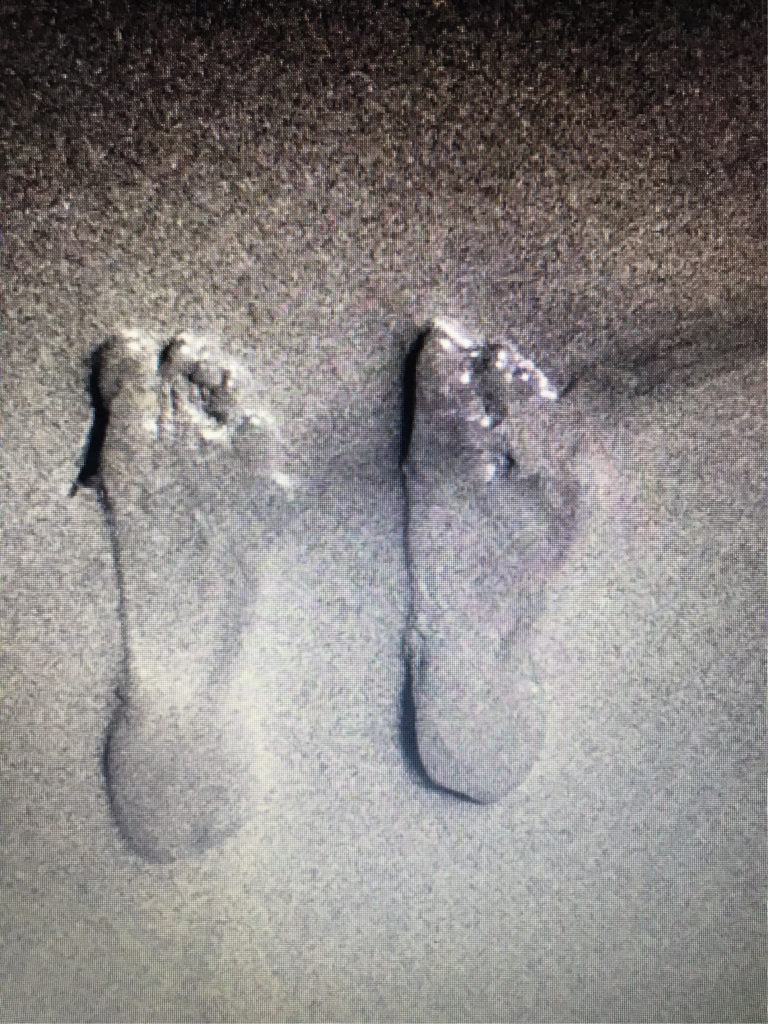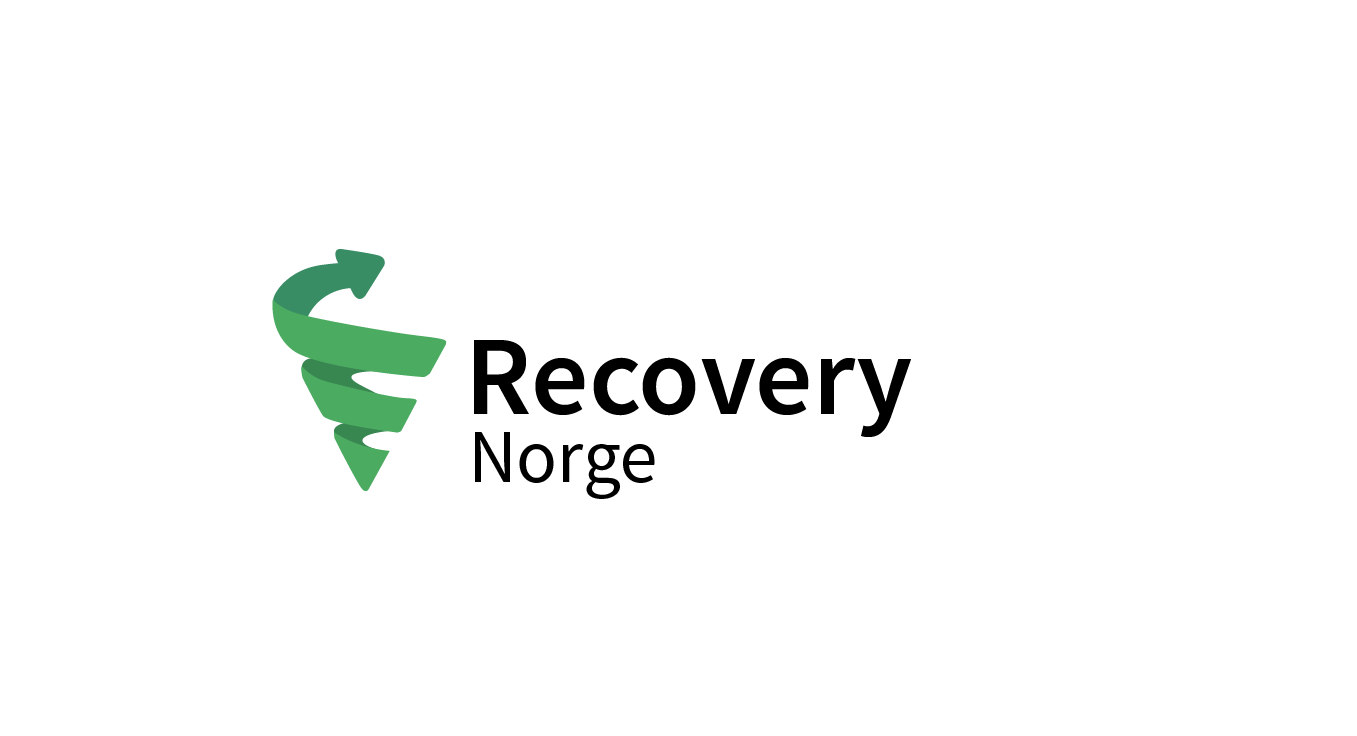Author: Mette – mother of a girl

She had been off colour for some time, with a raised temperature and headaches. Later on she was proven to have had glandular fever. To begin with, we thought a lot about the specific reason why she fell ill. We thought the solution might be found in the cause of the illness. Later on this was less important to us, and we never found a single specific reason.
My daughter was a happy, bubbly girl who had just started lower secondary school.
Gradually she lost all her energy and ended up lying in bed for 13 months. Different kinds of antibiotics were tried out, along with papaya and various vitamins. The physiotherapist and GP visited regularly, but the situation did not improve. There was plenty of advice from friends, family, the internet and other sources, and much of it was confusing.
I felt very much afraid – I worried about her future and mourned the life she was bereft of here and now. But my greatest worry was this: What was needed for her to recover? When would she recover? It was a difficult time.
The physiotherapist brought a number of aids: a backrest and a serving table for the bed and a chair we could move her into to vary her position. My daughter’s room look more and more like a hospital room.
At one point I felt that it cannot go on like this, things are only getting worse.
I contacted a Lightning Process instructor in Oslo that I had read about. I had heard so much negative talk about LP that I felt very doubtful about the whole thing. I was sceptical because I had heard stories of people who got worse. But after a good talk with this instructor, she recommended I get in touch with LP instructor Ingvild Harila Feed in Sandnes. I contacted her with a hope that this might perhaps help.
Ingvild visited us at home and chatted with my daughter. I remember she asked what my daughter used to do in her spare time. “Handball” was the answer. Ingvild asked where her handball was now. I had to fetch it from the cupboard. My daughter took hold of it, smelled the leather and put it away. Ingvild explained how our bodies function, using simple metaphors that a girl of 13 could understand.
Some time later my daughter went to an LP course. We brought her in her wheelchair, and we all both looked forward to and dreaded this course. What would happen? I was doubtful, and the thought of “Whatever are we starting now?” was in my mind.
Gaining an understanding of how the brain and the body affect each other, with insight into one’s own body and with strategies for how to handle the fatigue – it was a powerful, almost unreal experience.
At the end of the first day of the course, we went to a café. She was sitting there in the cafe feeling many overwhelming symptoms and impressions, but we did it, and were ready for more course the next day. That day she dressed up and walked on her two feet. After the second day of the course we drove to her Granny, who thought the girl was still in bed. The teenager rang the doorbell. Granny opened the door and said: “Sorry, I’m not buying lottery tickets today!” It took a few seconds before Granny recognised her grandchild. What a wonderful moment!
After the course came the hard work. It was one step forward and two back. Normal life needed to be brought back, gradually and gently. We threw away all the clothes she had worn while being ill. All aids were removed, and she moved out of the room where she had been lying. All this was done to break the patterns that might be identified with her illness.


She spent 8-10 months working her way back to the everyday life she had before she fell ill. We were regularly in touch with Ingvild, discussing how she should handle various situations and make her body react more appropriately. There were certainly days when the going was slow, and I thought “This won’t work, it won’t last and she will get ill again”.
My daughter and I went for an afternoon walk every day for a year. It became immensely important to go outdoors at a time of the day when she often felt her body signalled tiredness.
I think insight and help to find strategies to recover from the fatigue made all the difference.
My daughter has grown enormously on this. Of course I would have preferred my daughter not to have gone through this period of her life, but on the other hand, I think she has grown so much as a human being. Today she has an amazing insight into how people function as a totality – how body and head are connected. She has now been well for eight years; she is a young lady with a great understanding of other people, and she is busy studying for a bachelor’s degree.
I am writing this in order to give other people hope: yes, it is possible to recover.
Kind regards, Mette
I am writing this in order to give other people hope: yes, it is possible to recover.
